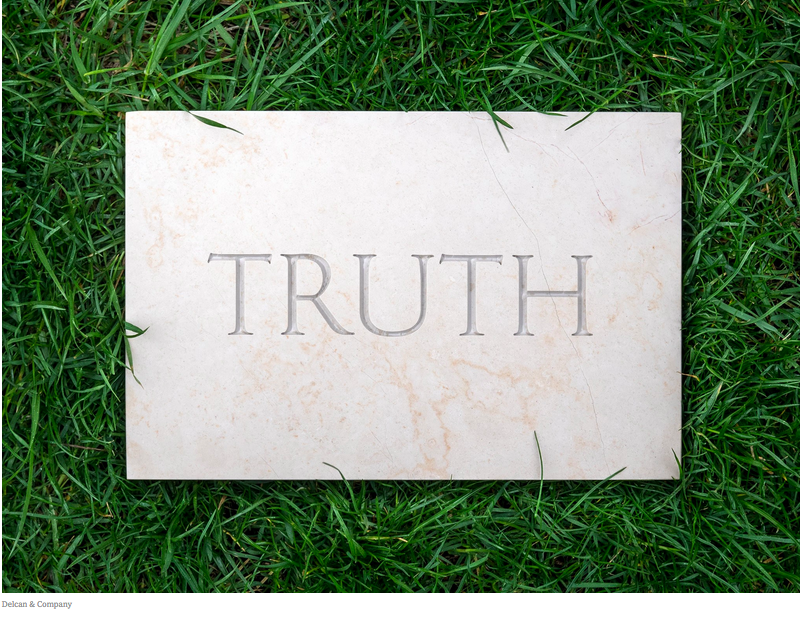n 1994 during the height of the Bosnian civil war, when I was head of intelligence for American forces in Europe, I walked through the ruined streets of Sarajevo. A city of once-beautiful steeples, onion-shaped domes and minarets had been devastated by Serbian artillery in the hills rising above the Miljacka River. I wondered what manner of man could pick up a sniper rifle and shoot former neighbors lining up for scarce water at a shuttered brewery.
What struck me most, though, was not how Sarajevans were different from us, but how much they weren’t. This had obviously been a cultured, tolerant, vibrant place that had been ripped asunder by the conflict pitting Muslim Bosniaks against Christian Serbs and Croats.
The veneer of civilization, I concluded, was quite thin — a natural thought for an intelligence officer whose profession trends pessimistic and whose work is consumed by threats and dangers. Over the years I had learned that the traditions and institutions that protect us from living Hobbesian “solitary, poor, nasty, brutish and short” lives are inherently fragile and demand careful tending. In America today, they are under serious stress.
It was no accident that the Oxford Dictionaries’ word of the year in 2016 was “post-truth,” a condition where facts are less influential in shaping opinion than emotion and personal belief. To adopt post-truth thinking is to depart from Enlightenment ideas, dominant in the West since the 17th century, that value experience and expertise, the centrality of fact, humility in the face of complexity, the need for study and a respect for ideas.




